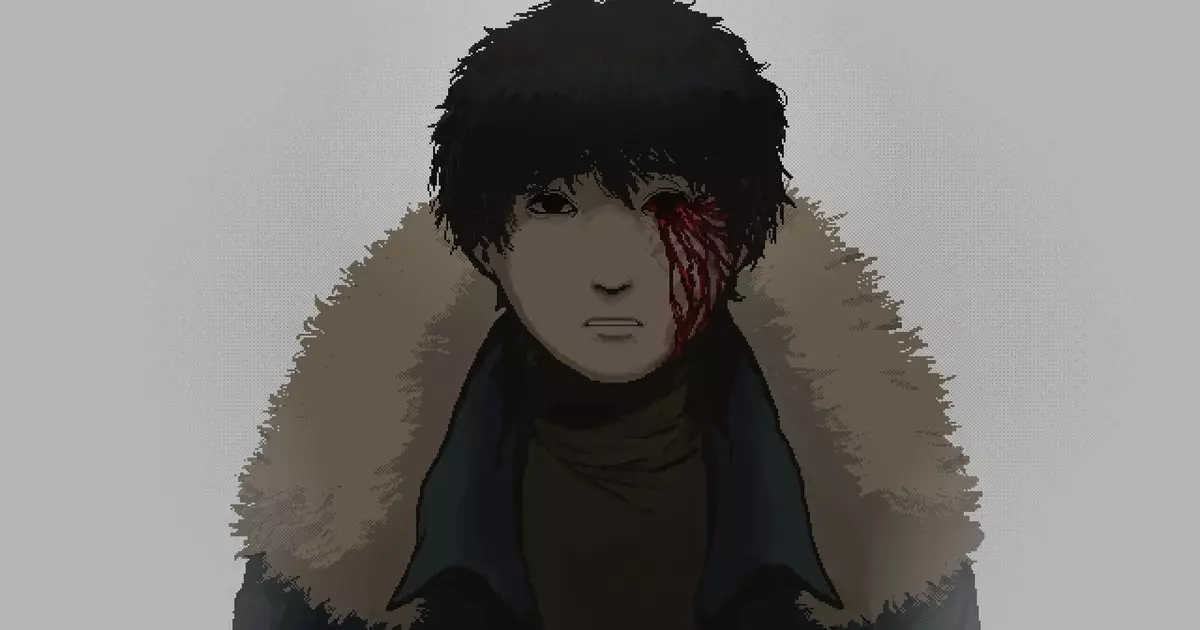In the vast universe of role-playing games (RPGs), the relationships formed between players and their characters often limit themselves to what is dictated by narrative choices and game mechanics. While progressive titles like the Persona series have sought to deepen connections among characters, they still maintain a certain detachment. Enter *Downhill*, an innovative indie RPG that daringly dismantles the barrier between player and avatar, giving life to a protagonist who is acutely aware of the player’s influence. As Sisterhood Games describes on their Kickstarter page, it’s not merely about wielding control but exploring the intricate balance of will and autonomy in gameplay.
The Concept of Consciousness
The captivating premise of *Downhill* lies in its fundamental question: what if your character not only understood your choices but also reacted to them? This self-awareness brings forth a dynamic that is rarely explored in the realm of gaming. Fade, the game’s protagonist, isn’t just a pawn in a player’s grand narrative; she is a character with her own motivations and aspirations, often at odds with the player’s intentions. By allowing players to engage in conversations with Fade, the game invites an intriguing psychological dance. Should you nurture this character, offering support and encouragement, or challenge her in ways that test her limits?
This push-and-pull exemplifies the often-overlooked theme of power dynamics. Sisterhood Games highlights this theme as central to the game’s design, emphasizing the responsibility that comes with influence. As players, we must grapple with the moral implications of our choices and how they impact Fade, making each decision feel significant and layered.
Breaking the Fourth Wall with Style
While fourth-wall breaks may not be alien to the gaming world—*Undertale* and *OneShot* spring to mind—the way *Downhill* is framed offers a fresh take on this narrative device. The dark fantasy aesthetic perfectly complements the game’s thematic depth. Players are immersed in a world filled with unsettling creatures, with backgrounds that evoke both curiosity and dread. This unique visual style, combined with the concept of conversing with one’s own character, allows for a rich storytelling experience that challenges traditional RPG dialogues.
Moreover, the dialogue mechanics encourage players to engage thoughtfully. Every interaction with Fade can shift her perception of the player, underscoring the emotional weight of seemingly simple choices. Contrast this with typical RPGs, where dialogue often serves more as a means to an end rather than a genuine interaction. In *Downhill*, players might find themselves pondering their motivations and the consequences of their words—much like in real relationships.
Pushing the Boundaries of Gameplay
One of the standout features of *Downhill* is the ability to resurrect Fade repeatedly without the hassle of reloading save data. While this mechanic introduces an intriguing method for players to navigate challenges, it also presents moral dilemmas. Each revival inflicts psychological strain on Fade, a thought-provoking twist that invites introspection about the cost of victory. This decision-making framework aligns seamlessly with the game’s overarching theme of power—how far are you willing to push a character, even one you ‘control,’ before crossing an ethical boundary?
The implications of this mechanic extend beyond gameplay, prompting players to reflect on their own experiences in gaming and real life. At what point does aiding someone become enabling? As players wrestle with these thoughts, *Downhill* evolves from a mere interactive experience into a meaningful exploration of agency and empathy.
Community and Support on Kickstarter
As *Downhill* reaches for funding via Kickstarter, the community’s role becomes crucial. Supporting this project isn’t merely about financial investment; it’s an endorsement of a vision that seeks to expand the boundaries of storytelling in video games. For those intrigued by fresh narratives and dialogues that challenge the status quo within handheld gaming, this effort deserves a closer look. Players can even sample the experience with a demo available on Steam—an effective way to engage with the idea before committing to the crowdfunding campaign.
*Downhill* may very well redefine our understanding of character relationships in RPGs. By blurring the lines between player intention and character agency, it paves the way for a new narrative complexity that can leave lasting impressions on players long after the game is completed.

